Introducing The Harvard Brief
Featuring our new partnership with Harvard University Press and two author interviews.
The Harvard Brief
New Books Network is happy to announce a new partnership with Harvard University Press. Over the years, NBN hosts have interviewed nearly 500 authors of Harvard UP books. We’ve created a brand new, ad-free feed and will continue to feature Harvard UP books in addition to special content on The Harvard Brief.
Just Like Clockwork
Bob Frishman has professionally repaired nearly 8,000 timepieces and sold more than 1,700 vintage clocks and watches. He recently published a biography of America’s first, great clockmaker titled Edward Duffield: Philadelphia Clockmaker, Citizen, Gentleman, 1730-1803.
Listen to the interview:
Q: As a professional horologist, you've restored more than 1,700 antique clocks. What makes antique clocks such incredible pieces of history?
A: They are a perfect combination of art and science, reflecting technological advances in accurate mechanical timekeeping along with artistic achievements in the beauty and designs of their cases.
Q: You wrote about the pioneering clockmaker Edward Duffield— an important but largely forgotten figure of the American Revolution— what made his work innovative?
A: I should clarify that his clockmaking was not innovative or pioneering. He produced clocks to the established standard designs of his time, except for the unusual spherical lunar indicators that I document in just four of his clock’s dials. His story is important, not for his innovations, but because he represented a prestigious trade and craft in 18th-century Philadelphia, not as a typical “leather apron” artisan but as an affluent citizen who also worked with his hands.
Q: While not very political, Duffield was friends with Benjamin Franklin and possibly even played a minor part in American revolutionary history. What was his relationship and impact on the American founders?
A: His lifelong close friendship with Franklin, and the close relationships between each man’s families, certainly were important personally, but probably not politically, to Franklin. Duffield was an active engaged citizen and church member, but not a political leader. I like to imagine, however, that he did more than just pour the Madeira wine when the first draft of the Declaration of Independence was being discussed in his home by Franklin, Jefferson, and Adams. I also have no doubt that he was well acquainted with these and other great men in Philadelphia, including George Washington, as they all moved in the same social circles.
Q: Duffield clocks are living pieces of history. How many still exist and why do they hold up so well?
A: I document seventy-one Duffield clocks, surveying instruments, and a sundial in the Catalogue section of my book. Such valuable and well-crafted objects are unlikely to have worn out or been discarded, especially as they became treasured family heirlooms. Fine antique clocks in general survive in great numbers exactly because they continue to be cherished and cared for by their owners.
Q: For you personally, what is life like as a professional horologist?
A: Since 1980 when I first found my passion for old clocks and watches, and since the early 1990’s when I began professionally restoring them, I have experienced huge satisfaction in bringing these lifelike machines back to running order. More than that, it has been immensely satisfying to see the joy of owners who again hear the ticking and striking of their clocks, and to share with them and the public the important technological, historical, and cultural significance of mechanical timekeeping.
Q: Are there any books about clocks or time that you would recommend? If so, what and why?
A: My personal horology library currently has more than a thousand titles, and continues to grow. Reading recommendations depend greatly on whether a person is interested in repair, design, science, history, or societal importance of time and timekeeping. Except for my new book, which of course I urge everybody to read, I would need to know what interests somebody most, and then I’d be happy to make suggestions. There simply is no one book, or small group of books, that would fully encompass this huge and appealing subject.
Scholarly Sources
Tevi Troy is a presidential historian and the former United States Deputy Secretary of Health and Human Services.
Q: What are you reading right now?
A: A terrific new book by Stephen Shepherd called Salinger’s Soul. It’s a biography of J.D. Salinger, who wrote a massive best seller with The Catcher in the Rye and then disappeared from the public eye. Shepherd fills in the gaps of what happened to him and also what influenced his writing.
Q: What is your favorite book or essay to assign to give to people and why?
A: Pretty much anything by Irving Kristol, but particularly his essay on censorship. I love this passage from that essay: “if you believe that no one was ever corrupted by book, you have also to believe that no one was ever improved by a book (or a play or a movie). You have to believe, in other words, that all art is morally trivial and that, consequently, all education is morally irrelevant. No one, not even a university professor, really believes that.”
He was such a clear thinker, and he explained things in ways that made whatever new point he was making at the time seem like it had always been obvious.
Q: Is there a book you read as a student that had a particularly profound impact on your trajectory as a scholar?
A: Allan Bloom’s The Closing of the American Mind helped shape my thinking on so many things. It was prescient in terms of foreseeing some of the problems that we’ve been experiencing in the academy recently. As Bloom shows, “tolerance” of absolutely everything is really a form of intolerance.
Q: Which deceased writer would you most like to meet and why?
A: I would love to have met Herman Wouk. His books are terrific, both the fiction and the nonfiction, and he had a fascinating life trying to make a go at it as a writer.
Q: What's the best book you've read in the past year?
A: I read over 100 books a year so it’s hard to pick one particular favorite, but I really did enjoy Eighteen Days in October by Uri Kaufman. It’s a history of the 1973 Yom Kippur War and tells how, despite all the tragedy and devastation, the current ongoing 50 year period of peace between Egypt and Israel preceded. I’m hoping that the current war, as terrible as it is, can somehow, in ways that we don’t yet understand, lead to a better future in the Middle East.
Q: Have you seen any films, documentaries, or museum exhibitions that left an impression on you recently?
A: The New York Historical Society has a great exhibit about Robert Caro, 50 years after the publication of The Power Broker. Caro’s books are such an inspiration to me, and I am particularly taken by his research mantra, “turn every page.”
Q: What do you plan on reading next?
A: I can’t wait to read Christine Rosen’s new book, The Extinction of Experience, about the cost to humanity of everyone— particularly children— having their nose in their phone at all times.
Q: Your latest book is about how famous American CEOS got along (or didn’t) with American presidents. Who should read The Power and the Money and why?
A: Besides everyone, I’d have to say people who love history and people who want to understand the current entanglement of big business and government, and why both Democrats and Republicans seem to hate corporations these days.
Listen to the interview:

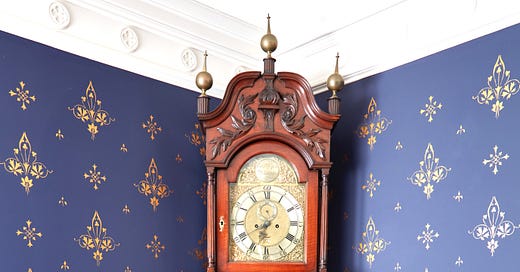






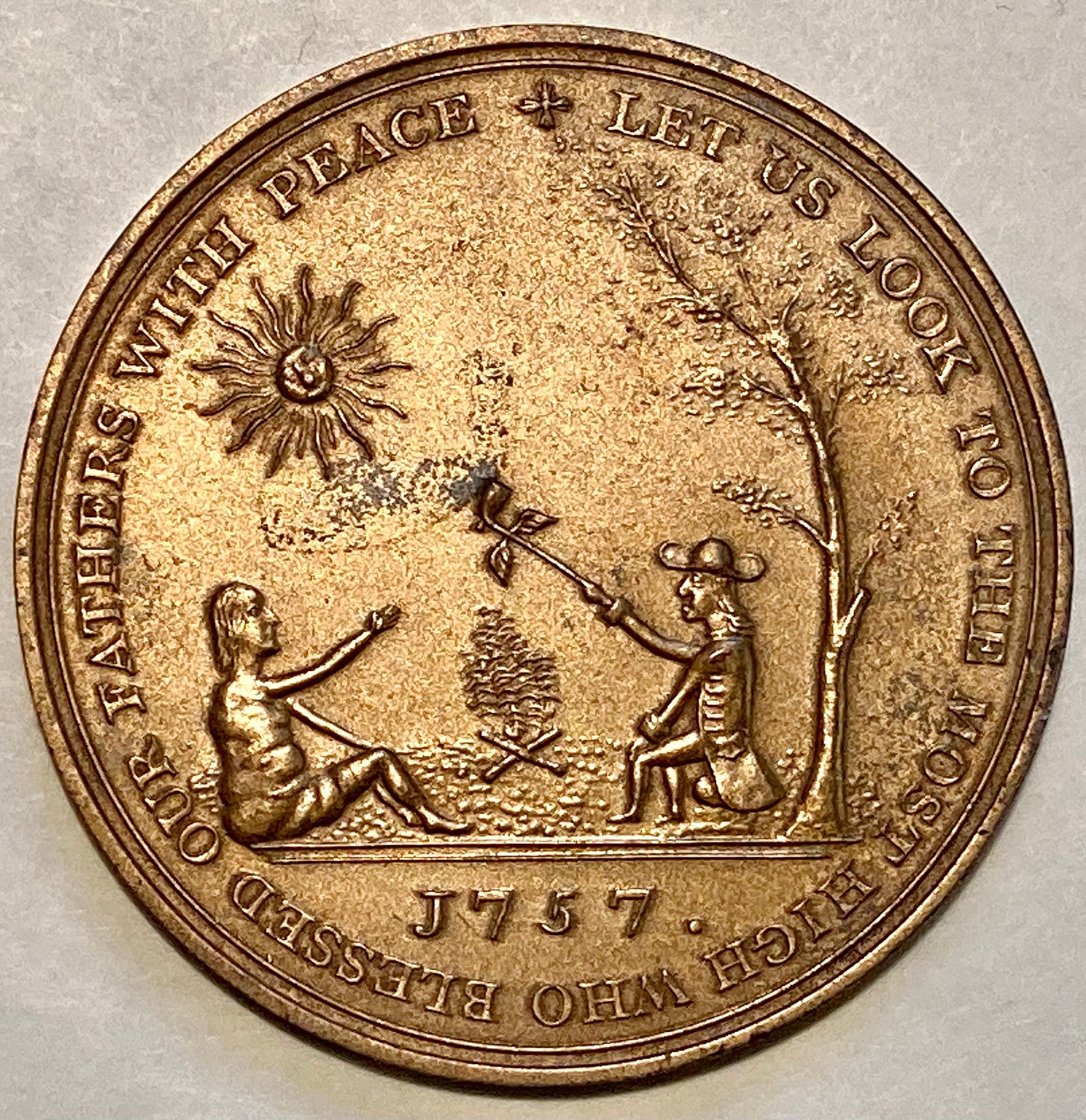
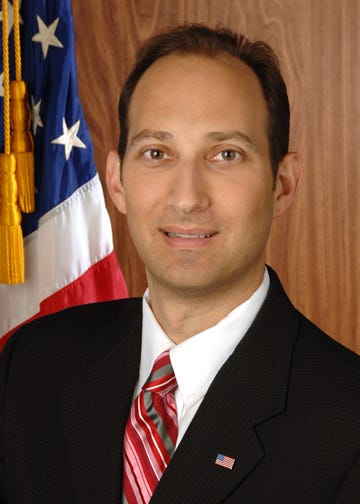
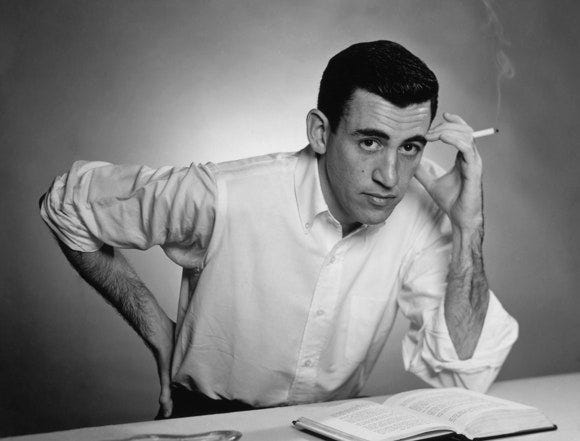

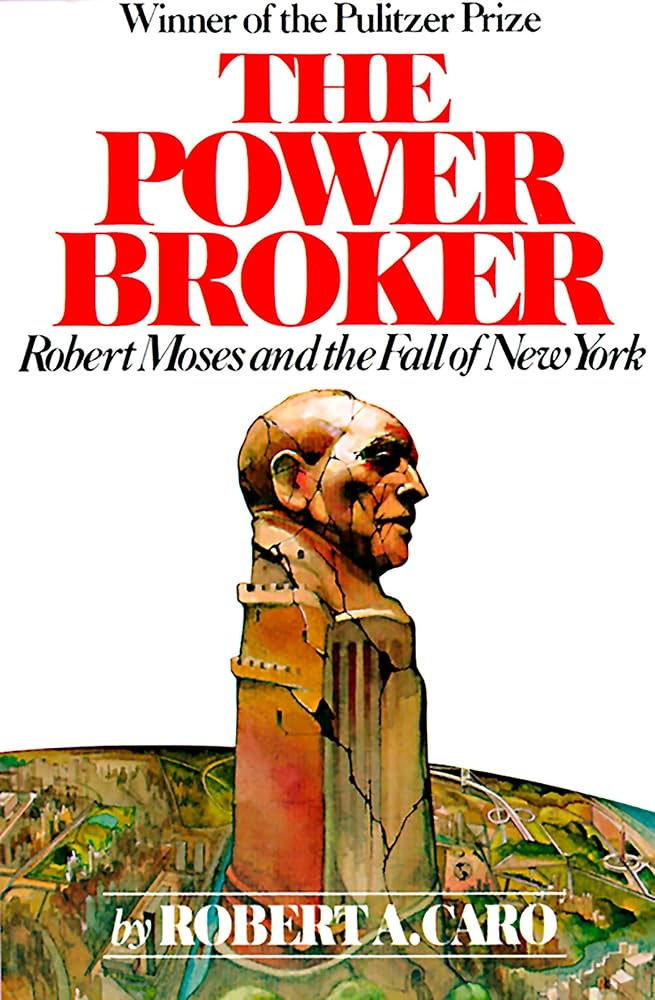
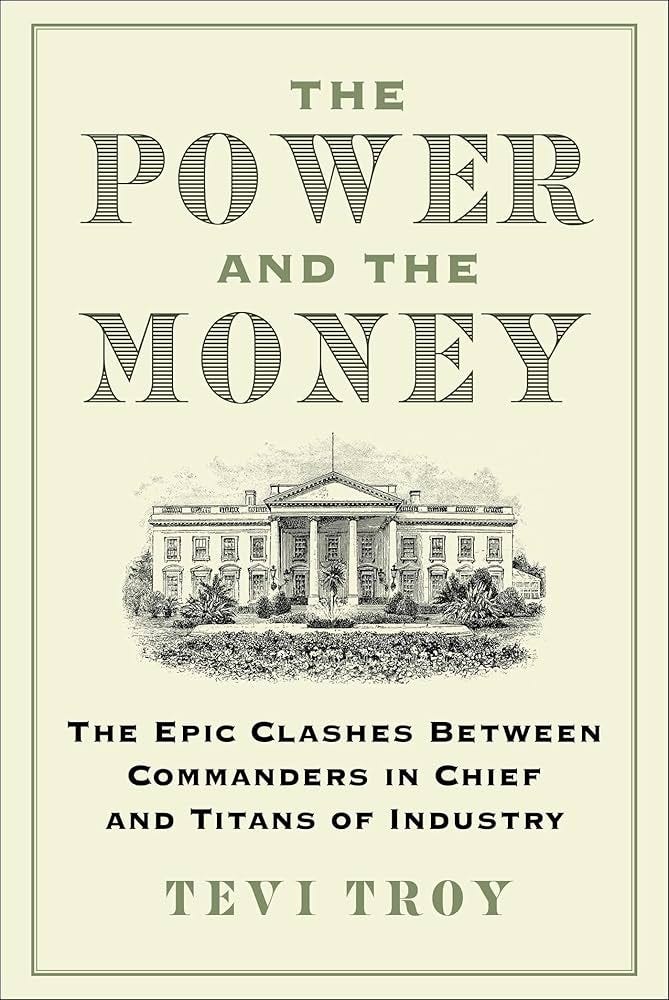
Great pair of profiles!